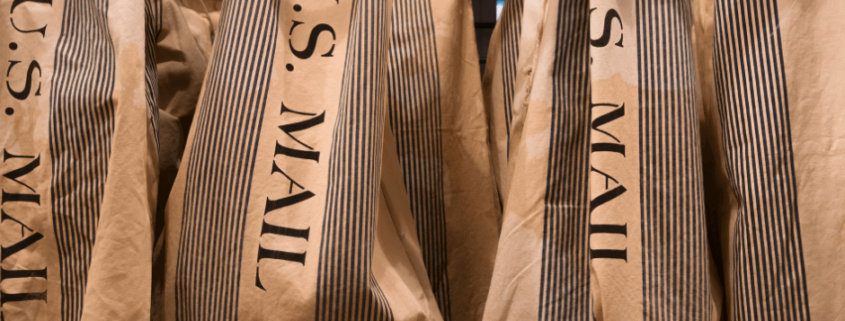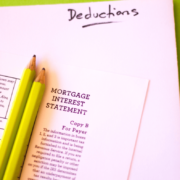Has the IRS Cashed Your Check? The Problem Is an IRS Mail Backlog
- Learn more about the IRS’s unopened mail backlog
- Find out what to do if your check has not been cashed.
- Learn about how the IRS is handling dishonored payment penalties in light of the backlog.
- Find out what kinds of relief are available to taxpayers.
During the COVID-19 pandemic, the IRS has furloughed many of its employees or had them work from home to control the spread of the virus. Many IRS offices remained shuttered for months. A backlog of millions of pieces of unopened mail accumulated in trailers set up outside IRS facilities. This includes unopened mail with payment checks.
This unopened mail creates a problem for many e-filed returns with tax due because the IRS computer shows a tax return filed but no payment made. Because the IRS utilizes a significant amount of automation, its computers began automatically spitting out tax-due notices. These notices went to many who had already mailed in payments. While most IRS facilities have reopened and IRS employees have returned to work, it will take them weeks, if not months, to get all of the backlogged mail opened and processed. So, what does this mean for you? Fiducial has some answers!
What does the IRS mail backlog mean for me?
After receiving complaints from taxpayers and members of Congress, the IRS put information on its website about these outstanding payments. The gist of it: The payments will be posted as of the date when they were received by the IRS, not the date when the Service processes them. In most cases, this will eliminate or minimize penalties and interest for late payments. Did you mail a check to the IRS that has yet to clear your bank, with or without a return? The IRS says that you should not cancel or put a stop-payment on the check. However, you should be sure that you have adequate funds in the account from which the check was written. You want to make sure the check will clear when the IRS does process it.

Bad check penalties
Normally, the penalty for a dishonored payment (a bounced check) of over $1,250 is 2% of the amount of the check, money order, or electronic payment. If the amount is $1,250 or less, the penalty is the amount of the check, money order, or electronic payment, or $25, whichever is lower.
To provide fair and equitable treatment during the COVID-19 emergency, the IRS is providing relief from bad-check penalties. The IRS will waive the the dishonored payment penalty for dishonored checks they received between March 1 and July 15 due to delays in IRS processing. However, interest and other penalties may still apply.
IRS Tax-due notices
The IRS has also decided to suspend mailing certain tax-due notices to taxpayers until the unopened mail backlog is cleared. Did you receive a tax-due notice but know that you already paid the tax? The IRS asks that you wait to contact it about any unprocessed paper payments that are still pending.
So, for now, taxpayers who have uncashed payments need to be patient. There’s no reason to send additional correspondence to the IRS that would just be added to the mountains of unopened mail. Due to high call volumes, phoning the IRS will be of little use at this time.
Have questions about your tax payment? Call Fiducial at 1-866-FIDUCIAL or make an appointment at one of our office locations. Ready to book an appointment now? Click here. Know someone who might need our services? We love referrals!
For more small business COVID-19 resources, visit Fiducial’s Coronavirus Update Center to find information on SBA loans, tax updates, the Paycheck Protection Program, paid sick and family leave, and more.









